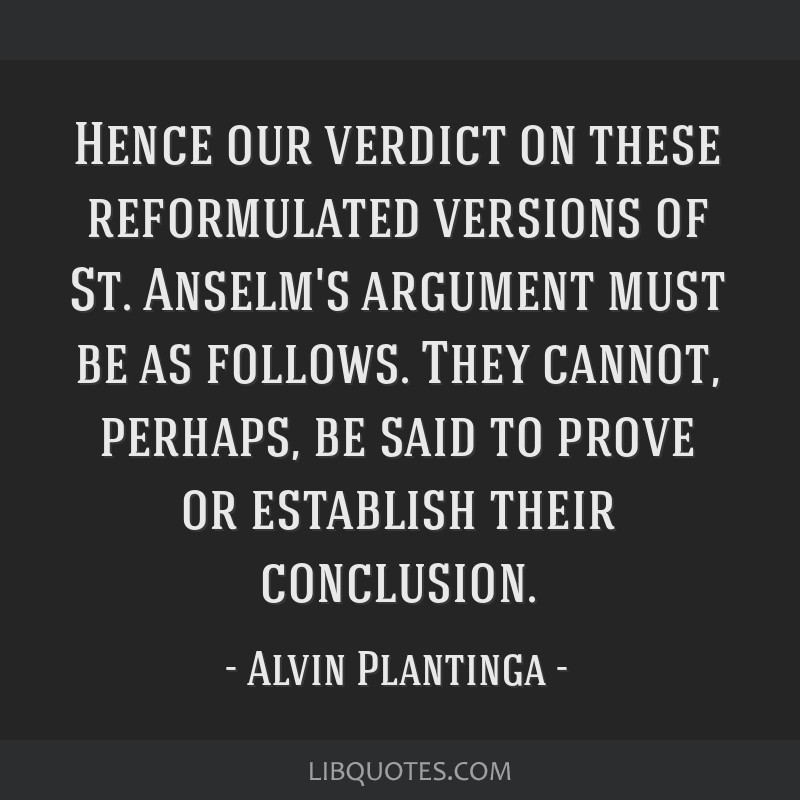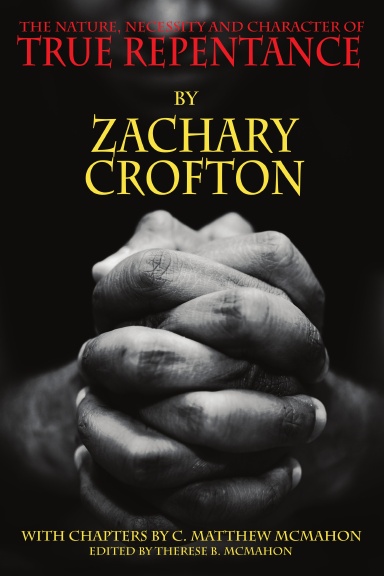
It essentially amounts to the uncontroversial claim that there is no contradiction entailed by our concept of a unicorn. But U is extremely plausible, at least if we accept the whole “possible worlds” way of talking about these things in the first place. NU is really nothing more than a denial of U. We might summarize his version (presented in The Nature of Necessity and elsewhere) as follows:Īre U and NU on an epistemic par? Surely not. Plantinga, again, makes use of the notion in order to reformulate the ontological argument famously invented by Anselm.

It sometimes suggested that modality in general can be analyzed in terms of possible worlds: A necessary truth is one that is true in every possible world, a possible truth one that is true in at least one possible world, a contingent truth one that is true in some worlds but not others, an impossible proposition one that is true in no possible world. For example, it is sometimes suggested that we can analyze the essence of a thing in terms of possible worlds: What is essential to X is what X has in every possible world, what is non-essential is what X has in some worlds but not others. Philosophers make use of the notion of possible worlds in all sorts of ways.

There is no possible world where 2 + 2 = 5 or in which squares are round. Not everything is a possible world, though. (Naturally there will be some other differences that follow from this one.) We can imagine possible worlds that are even more different or less different in various ways – a possible world where the Allies lost World War II, a possible world in which human beings never existed, a possible world exactly like the actual one except that the book next to me sits a millimeter farther to the right than it actually does, and so forth. (Since it’s still morning, I won’t – I can wait an hour.) So, we might say that there is a possible world more or less like the actual world – Obama is still president, I still teach and write philosophy, and so forth – except that instead of writing up this blog post at this particular moment, I am pouring myself a Scotch. In the actual world I am writing up this blog post, but I could have decided instead to go pour myself a Scotch. As is typically done, we might think of a “possible world” as a complete way that things might have been.

Alvin Plantinga famously defends a version of the ontological argument that makes use of the notion of possible worlds.


 0 kommentar(er)
0 kommentar(er)
